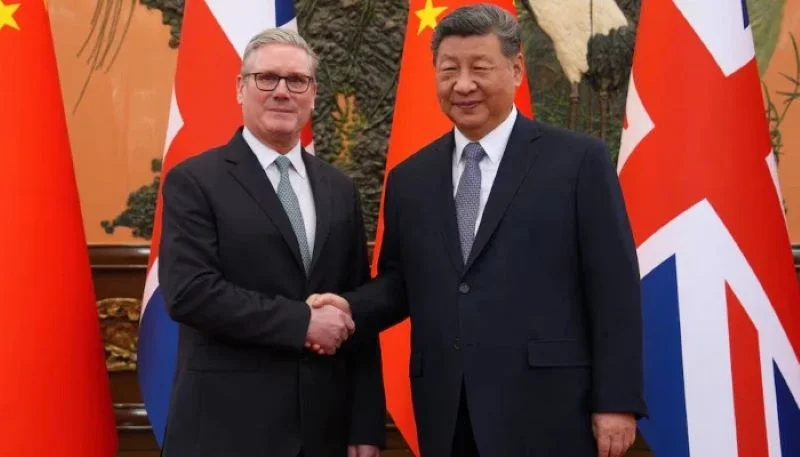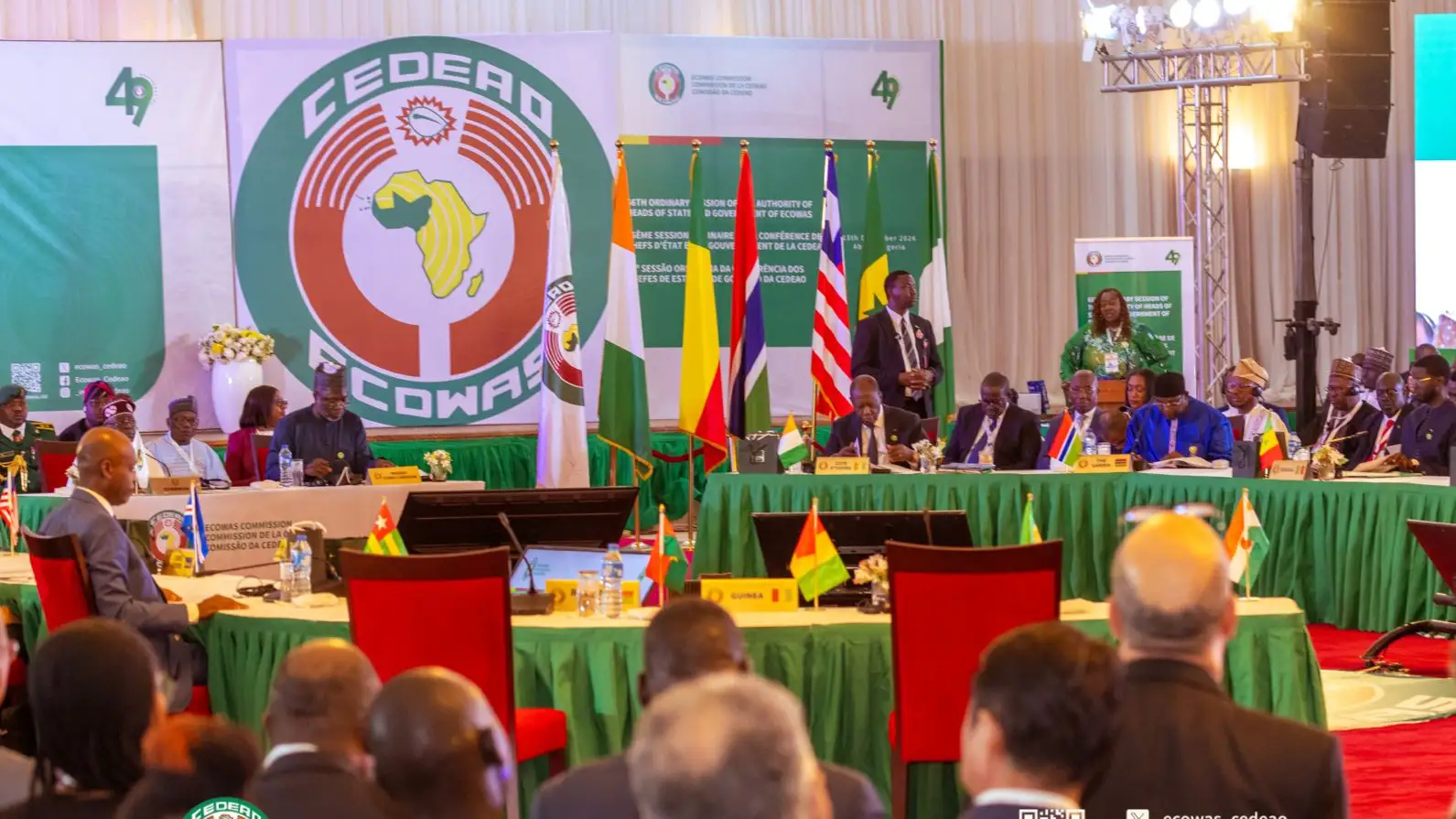Global investment in energy-efficient technologies has surged by 4% in 2024, setting a new high of $660 billion, according to the International Energy Agency’s (IEA) annual Energy Efficiency 2024 report. This record-breaking investment reflects an intensifying global commitment to improving energy efficiency amid mounting climate concerns and rising energy costs. The report underlines the necessity for countries to accelerate policy implementation to meet energy efficiency targets, noting that doubling the global rate of energy efficiency improvements is critical to achieving broader sustainability goals. According to the IEA, increased efficiency would bring significant benefits, including enhanced energy security, reduced energy costs, and a substantial decrease in global emissions.
The IEA’s findings come at a time of intense climate action, with energy efficiency positioned as a pivotal element in achieving net-zero ambitions. The agency’s analysis reveals that global primary energy intensity—measuring the energy efficiency of an economy—is expected to improve by just 1% in 2024, mirroring the rate in 2023. This is significantly below the average annual improvement rate of 2% observed between 2010 and 2019, emphasizing the need for urgent policy measures.
Energy Efficiency Commitments Strengthened at COP28
The Energy Efficiency 2024 report was released as nearly 200 countries pledged at the COP28 climate conference in Dubai to double the global energy efficiency improvement rate, aiming to accelerate from 2% in 2022 to 4% by 2030. With this enhanced commitment, countries are recognizing energy efficiency not only as an essential climate action tool but also as a strategy to bolster economic resilience and energy independence, especially in the face of global energy market volatility.
Several major economies have already taken concrete steps to fulfill these pledges. The European Union has revised its energy standards to achieve a zero-emission building stock by 2050. The revised EU policies will mandate stricter energy performance requirements for both new constructions and retrofits, putting Europe on a more sustainable path. In China, a new series of appliance standards and stringent national efficiency targets were introduced, signaling a strategic shift towards sustainable energy consumption. The United States has also raised fuel economy standards for heavy-duty vehicles to cut fuel use and emissions in the transportation sector, while Kenya has implemented mandatory energy-efficient building codes to curb emissions in urban growth areas.
Regional Insights: The EU, U.S., and Emerging Markets Step Up
The IEA report highlights that over 70% of global energy demand is now covered by new or updated efficiency policies. In Europe, where energy security concerns have intensified due to geopolitical tensions, the European Commission’s “Fit for 55” package—a roadmap for reducing greenhouse gas emissions by 55% by 2030—includes several efficiency-oriented initiatives. This includes the revision of the Energy Performance of Buildings Directive, which is expected to drive a new wave of retrofitting and renovations across the EU.
In North America, energy efficiency policies have gained traction as a way to reduce consumer energy bills and lower dependency on fossil fuels. The U.S. Inflation Reduction Act has introduced billions of dollars in tax incentives to support the adoption of energy-efficient appliances, electric vehicles, and retrofitting of buildings, benefiting residential, commercial, and industrial sectors. These incentives are expected to have a substantial impact, as households and businesses invest in energy-saving technologies to offset rising energy prices.
Meanwhile, emerging markets, particularly in Africa and Southeast Asia, are increasingly adopting energy efficiency policies to address rapid urbanization and population growth. Kenya’s recent mandate on energy-efficient buildings is part of a larger national strategy to promote green building standards. Other countries, such as India, have introduced new incentives for the adoption of energy-efficient appliances, driven by a need to optimize limited energy resources and reduce carbon footprints.
Technological Innovations Powering the Efficiency Drive
Technological advancements have played a vital role in accelerating energy efficiency, with innovations in areas such as smart grids, advanced HVAC systems, and energy-efficient lighting contributing significantly. Smart grid technology, which enables real-time monitoring and management of electricity flows, is expected to optimize energy distribution and reduce losses, particularly in countries facing grid stability challenges.
The adoption of advanced heating, ventilation, and air conditioning (HVAC) systems is also on the rise as building owners seek ways to lower operational costs and energy usage. The report highlights how the global market for energy-efficient HVAC systems has grown, particularly in the commercial sector, where large buildings are seeking to curb energy use while providing climate-controlled environments for occupants.
LED lighting has similarly revolutionized the efficiency landscape, with both governments and the private sector investing heavily in replacing conventional bulbs. According to industry data, LED lighting is up to 80% more efficient than traditional lighting, with a typical payback period of fewer than three years, making it an attractive option for both public and private investments.
Financing Energy Efficiency: A Key Growth Area
The IEA report underscores the need for innovative financing models to scale energy efficiency projects, especially in developing countries where high upfront costs can be a barrier to adoption. Green financing tools such as green bonds, energy efficiency loans, and performance-based contracts have gained traction as solutions to mobilize capital. In 2024 alone, green bond issuances aimed at energy-efficient projects reached record levels, indicating growing investor confidence in this sector.
Energy service companies (ESCOs) are also emerging as important facilitators of energy efficiency projects by implementing and financing improvements, then recouping costs through energy savings. ESCOs operate widely in markets like China and Europe and are gradually gaining ground in North America and parts of Asia, supported by policy incentives and rising demand for cost-effective solutions to reduce emissions.
The Role of Energy Efficiency in Achieving Net-Zero Targets
As the world grapples with the dual challenges of climate change and energy security, energy efficiency has become increasingly recognized as a critical pathway to achieving net-zero targets. The IEA report notes that improving efficiency alone could account for nearly one-third of the emissions reductions needed to reach global climate targets by 2050. Without substantial energy efficiency gains, the transition to renewables alone may be insufficient to meet these ambitious goals.
Fatih Birol, the IEA Executive Director, emphasized the importance of energy efficiency as a “low-hanging fruit” in energy transitions. “Energy efficiency is essential not only to achieve climate targets but also to provide secure, affordable, and inclusive energy systems,” Birol stated. “The policies and technologies to accelerate efficiency progress are readily available today, and many governments are taking important steps forward. What we hope to see now is faster and stronger policy responses across the globe.”
Barriers and Future Outlook
Despite positive developments, the report cautions that meeting global targets will require even faster policy responses and further strengthening of current initiatives. Challenges include high initial costs, especially in low-income countries, as well as political and regulatory hurdles that may slow the pace of change. In addition, many sectors still face technology gaps, particularly in areas like heavy industry and long-haul transportation, where energy efficiency solutions are less developed.
The IEA suggests that governments could play a more proactive role by providing subsidies, tax breaks, and regulatory frameworks to support high-efficiency technologies and encourage private sector participation. Collaboration between the public and private sectors, alongside innovation in financing and policy, will be essential for maintaining momentum toward global efficiency goals.
A Call to Action
The IEA’s Energy Efficiency 2024 report serves as a call to action for governments, businesses, and individuals to intensify efforts toward energy efficiency. As the world’s energy needs continue to grow, efficiency improvements will be vital to balancing demand with environmental priorities. Countries have made important strides, but time is of the essence, and accelerated action is necessary to realize the transformative potential of energy efficiency.
In an era marked by both environmental urgency and technological potential, the global community stands at a crucial juncture. Energy efficiency represents a cost-effective and achievable solution, but as the report stresses, it will take a concerted, global effort to reach the ambitious goals laid out at COP28 and beyond.
Ready to take your career to the next level? Join our dynamic courses: ACCA, HESI A2, ATI TEAS 7 and HESI EXIT !🌟 Dive into a world of opportunities and empower yourself for success. Explore more at Serrari Ed and start your exciting journey today! ✨
photo source: Google
By: Montel Kamau
Serrari Financial Analyst
11th November, 2024
Article, Financial and News Disclaimer
The Value of a Financial Advisor
While this article offers valuable insights, it is essential to recognize that personal finance can be highly complex and unique to each individual. A financial advisor provides professional expertise and personalized guidance to help you make well-informed decisions tailored to your specific circumstances and goals.
Beyond offering knowledge, a financial advisor serves as a trusted partner to help you stay disciplined, avoid common pitfalls, and remain focused on your long-term objectives. Their perspective and experience can complement your own efforts, enhancing your financial well-being and ensuring a more confident approach to managing your finances.
Disclaimer: This article is for informational purposes only and does not constitute financial advice. Readers are encouraged to consult a licensed financial advisor to obtain guidance specific to their financial situation.
Article and News Disclaimer
The information provided on www.serrarigroup.com is for general informational purposes only. While we strive to keep the information up to date and accurate, we make no representations or warranties of any kind, express or implied, about the completeness, accuracy, reliability, suitability, or availability with respect to the website or the information, products, services, or related graphics contained on the website for any purpose. Any reliance you place on such information is therefore strictly at your own risk.
www.serrarigroup.com is not responsible for any errors or omissions, or for the results obtained from the use of this information. All information on the website is provided on an as-is basis, with no guarantee of completeness, accuracy, timeliness, or of the results obtained from the use of this information, and without warranty of any kind, express or implied, including but not limited to warranties of performance, merchantability, and fitness for a particular purpose.
In no event will www.serrarigroup.com be liable to you or anyone else for any decision made or action taken in reliance on the information provided on the website or for any consequential, special, or similar damages, even if advised of the possibility of such damages.
The articles, news, and information presented on www.serrarigroup.com reflect the opinions of the respective authors and contributors and do not necessarily represent the views of the website or its management. Any views or opinions expressed are solely those of the individual authors and do not represent the website's views or opinions as a whole.
The content on www.serrarigroup.com may include links to external websites, which are provided for convenience and informational purposes only. We have no control over the nature, content, and availability of those sites. The inclusion of any links does not necessarily imply a recommendation or endorsement of the views expressed within them.
Every effort is made to keep the website up and running smoothly. However, www.serrarigroup.com takes no responsibility for, and will not be liable for, the website being temporarily unavailable due to technical issues beyond our control.
Please note that laws, regulations, and information can change rapidly, and we advise you to conduct further research and seek professional advice when necessary.
By using www.serrarigroup.com, you agree to this disclaimer and its terms. If you do not agree with this disclaimer, please do not use the website.
www.serrarigroup.com, reserves the right to update, modify, or remove any part of this disclaimer without prior notice. It is your responsibility to review this disclaimer periodically for changes.
Serrari Group 2025
















